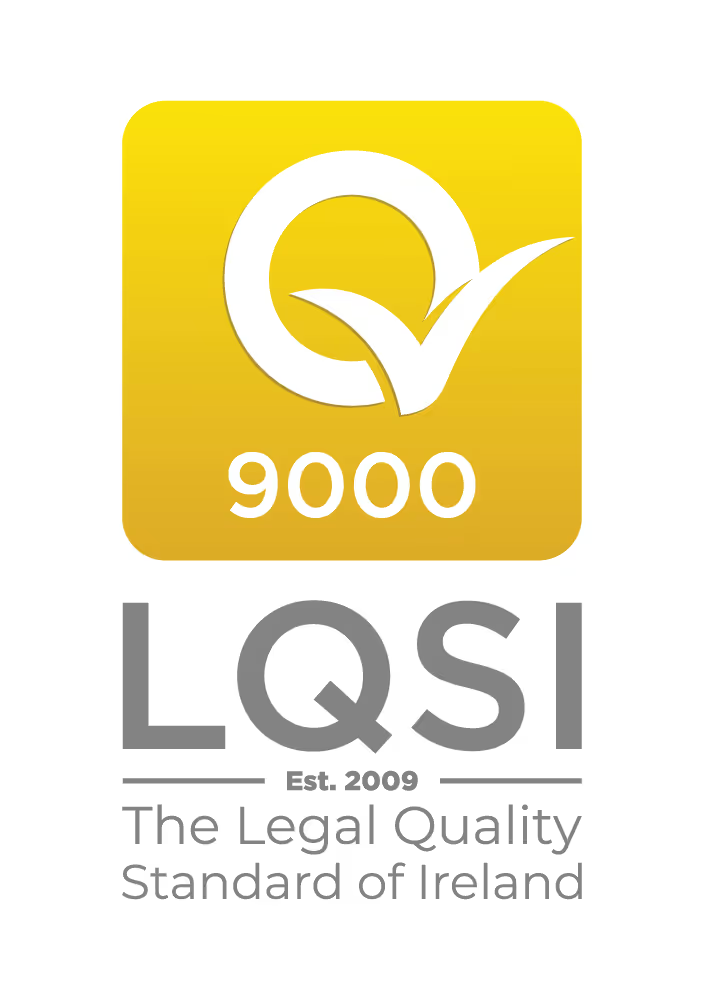The merger notification process was simplified by the Competition and Consumer Protection Act 2014 which came into force on the 31st October 2014 (the “Act”). While this was not the primary aim of the Act, it has provided much needed clarity with the merger process. This article will focus on the existing media merger control provisions found in Part 3A of the Act.
Introduction
Most mergers are only reportable where certain financial thresholds are met. Under the Act the Competition and Consumer Protection Commission (the “CCPC”) is granted responsibility for investigating reportable mergers. Three important and unique aspects of media mergers are that such mergers are (1) assessed on the impact to plurality of the media; (2) reportable regardless of the size of the transaction; and (3) subject to additional notification to the Department for Communications, Climate, and Environment (“DCCE”). A notification may only be brought to the DCCE following a positive determination by the CCPC.A media merger is not notifiable where one entity without any media interests acquires a media business. This will however be notifiable to the Broadcasting Authority of Ireland in the context of a radio station.
What is a media merger?
A media merger is defined in the Act as:
• a merger or acquisition in which 2 or more of the undertakings involved carry on a media business in the State; or
• a merger or acquisition in which one or more of the undertakings involved carries on a media business in the State and one or more of the undertakings involved carries on a media business elsewhere.A media business means the business (whether all or part of an undertaking’s business) of one of the following:• the publication of newspapers or periodicals consisting substantially of news and comment on current affairs, including the publication of such newspapers or periodicals on the internet,
• transmitting, re-transmitting or relaying a broadcasting service,
• providing any programme material consisting substantially of news and comment on current affairs to a broadcasting service, or
• making available on an electronic communications network any written, audio-visual or photographic material, consisting substantially of news and comment on current affairs, that is under the editorial control of the undertaking making available such material.The definition of media business is significant in that it includes online publication which casts a wide net
.An undertaking is considered to “carry on a media business in the State” if it:
• has a physical presence in the State, including a registered office, subsidiary, branch representative office, or agency which makes sales to customers located within the State; or
• has made sales in the State of at least €2 million in its most recent year (this being the only financial threshold which media mergers are subject to).
CCPC Notification
As discussed above, any media mergers must be notified to the CCPC for investigation. This investigation follows the usual process for any other type of merger. A merger notification must be brought to the CCPC on the following events:
• a public announcement by one of the undertakings involved in the transaction to make a bid;
• both undertakings are in a position to show that there is a good faith intention to conclude the proposed transaction;
• an agreement to merge or make an acquisition has been agreed; or
• a scheme document has been sent to the shareholders of the undertakings.The CCPC have wide investigative powers which include the ability to compel the undertakings to disclose information that would otherwise be privileged.
DCCE Notification
Under the Act, following a positive determination of the CCPC, the undertakings to a media merger must then notify the DCCE. The DCCE offers pre-notification meetings to provide procedural efficiency, familiarize the undertakings with the media merger process, and minimize the regulatory burden on undertakings.Plurality of the media is defined in the Act as including the diversity of ownership as well as the diversity of content produced. The DCCE will assess the proposed transaction on the following relevant criteria:
• the likely effect of the media merger on plurality of the media in the State;
• the undesirability of allowing any one undertaking to hold significant interests within a sector or across different sectors of media business in the State;
• the consequences for the promotion of plurality of the media in the State of intervening to prevent the media merger or attaching conditions to the approval of the media merger;
• if appropriate, the adequacy of the following to protect the public interest in plurality of the media in the State:- the scale and reach of RTÉ and TG4;- the ownership and control policy of the Broadcasting Authority of Ireland for the time being in force;
• the proposed commitments that the undertakings are prepared to offer and which the DCCE may incorporate in its determination; and
• the extent to which the public interest can be secured by the imposition of any conditions by the DCCE.An undertaking of the proposed transaction may make an application to the High Court for leave to seek judicial review of a determination of the DCCE relating to a media merger. This application must be made within 40 days from the date of the DCCE’s determination.
The CCPC and DCCE aim to be as transparent as possible and shall publish the determination on each of their respective websites. However, prior to publication in each case the CCPC and DCCE will provide the undertakings with a draft notification for review and grant the opportunity for the undertakings to request that commercially sensitive information be redacted from the publication.
Sanctions
It is a criminal offence to fail to notify a notifiable merger. The Act states that an undertaking (or a person in control of an undertaking) convicted may be subject to a Class A fine on summary conviction, or a fine not exceeding €250,000 on conviction on indictment. In addition, the Act provides for daily penalties of a Class E fine a day where a summary offence continues and €25,000 a day an indictable offence continues.
While there is no time limit required for notification to the CCPC to be made, it must be noted that the relevant transaction may not be effected until the CCPC and DCCE have made a positive determination. Any notifiable media merger put into effect in advance of CCPC and DCCE approval is void as a matter of Irish law.Thus, there are significant risks involved where transactions involve undertakings which carry on a media business.







